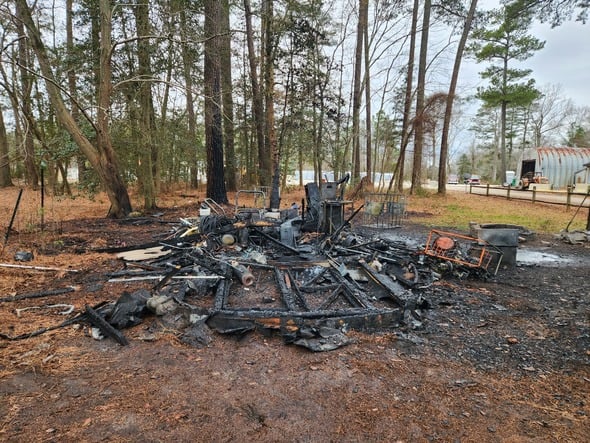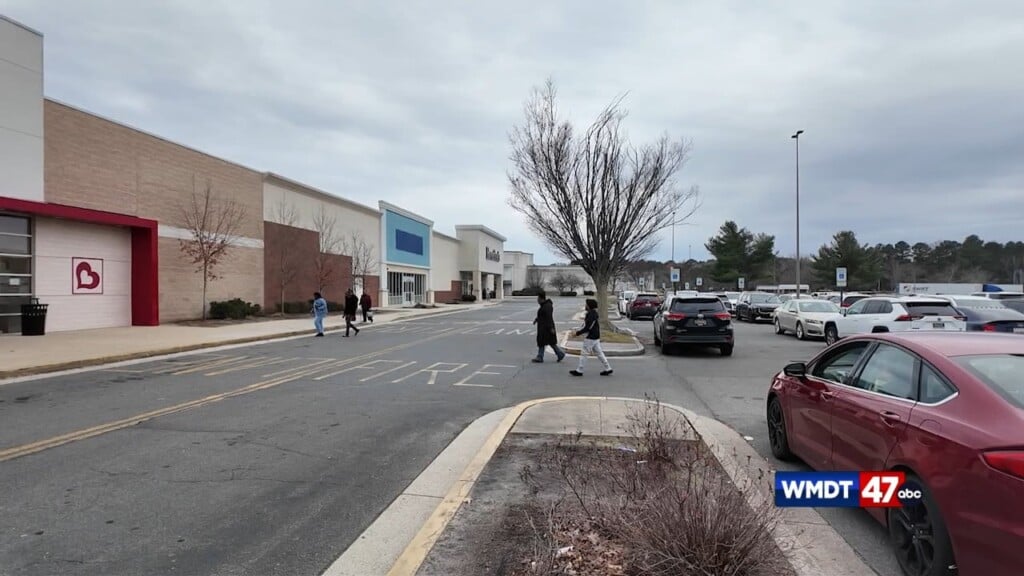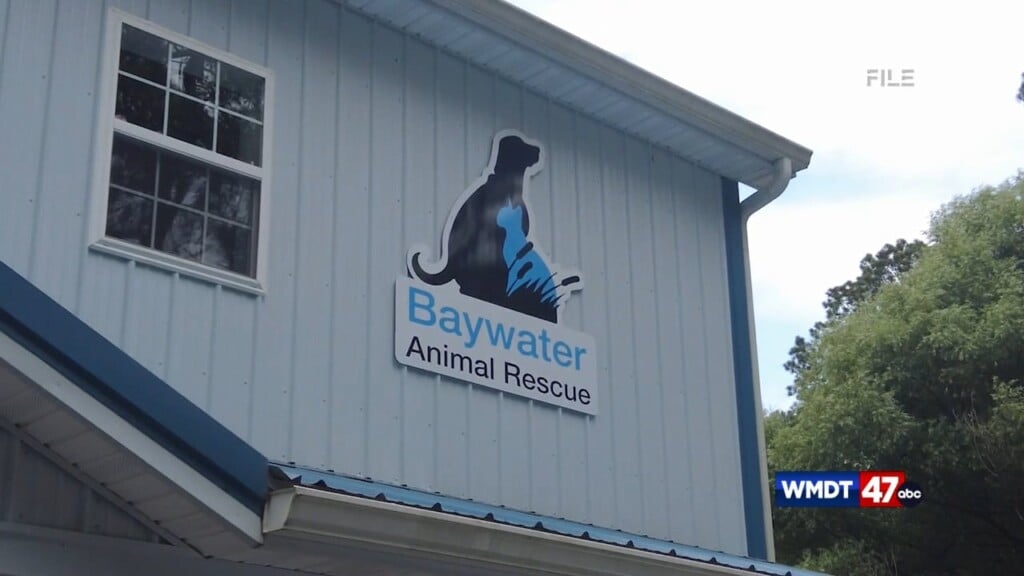DE Homelesss advocates react to SCOTUS Case that could criminalize homelessness
DELAWARE – The Supreme Court of the United States is weighing a case on whether homelessness can be criminalized, giving local governments broad authority to dismantle homeless encampments and levy criminal charges against occupants on public land.
Advocates for the homeless in Delaware including Shepherd’s Office in Georgetown say, that making those who live in tent cities criminals won’t make them go away, but it will pull up the few ladders they do have to better their circumstances.
“If you’re homeless, wealth has no beginning for you, and then poverty has no end, So poverty will just keep getting deeper and deeper,” said Director Jim Martin, who helps to distribute food, aid, and more through his facility in Georgetown.
The facility is located near the Georgetown Tent City, where many area homeless congregate, outside of city limits.
Martin tells 47ABC that having the population concentrated makes them easier to reach, with aid, healthcare, and even items like bicycles to help them commute to and from work.
Occupants of the tent city tell 47ABC that if they were to be criminalized, it would drive them further into the woods, and away from services like Shepherd’s office.
“This is our home, I mean, we’re not bothering anybody, we keep to ourselves, you know, we’re not we’re not doing anything wrong, we don’t deserve to be locked up at all as our home,” said Tent city inhabitant Wendy.
Wendy tells 47ABC that she has had access to medical care from numerous organizations that head out to the tents and that she is afraid that could end if they are locked up.
“We all have to deal with our issues. We’ve all been here one way or another at one point in our life, you know, so then we enjoy being at it somewhere we have to be and we’re surviving just to survive at the time,” Wendy said.
Jim Martin tells WMDT he works to help those he serves get access to documentation, and disability payments and even helps them to secure work, all of which can become harder if they have a record on top of their current circumstances to contend with.
“When they come to us, we lift them back up and say, here, you do have a purpose, we’re your people now because they lose. They lose all contact with everyone. They feel completely isolated,” Martin said.
The Supreme Court is expected to make a decision on the case this coming June.


